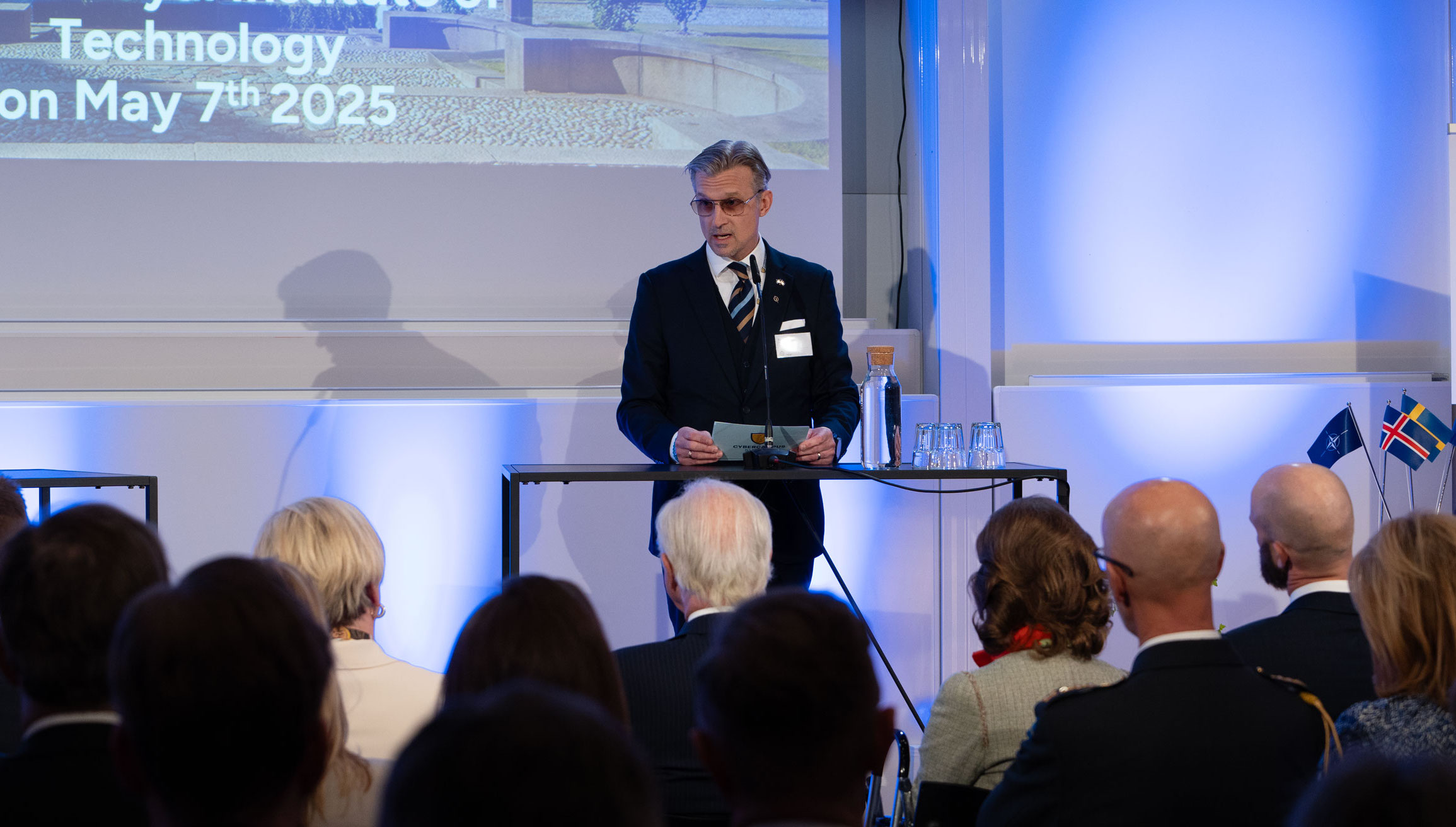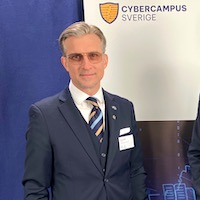Regarding the AI Commission's Roadmap for Sweden

The AI Commission's final report, "The AI Commission's Roadmap for Sweden", proposes how Sweden should develop and use artificial intelligence (AI) in a sustainable, safe and competitive way. Among the 75 proposals, we are pleased to see that great trust is placed in Cybercampus Sweden to take a leading role in strengthening Swedish research on AI and cybersecurity.
This is in line with how closely the issues of responsible development and use of AI were discussed during this year's Almedalen Week. The rapid digitalization of society, our dependence on digital critical infrastructures and the fact that the digital transformation takes place in a cyber-secure manner, combined with an increasingly demanding security policy environment, indicate that issues of fairness, reliability and security, confidentiality and safety, transparency, responsibility, and inclusion around AI need to be addressed through collaboration and interdisciplinary approaches, which are the mantras for Cybercampus Sweden.

“The AI Commission's proposal to establish a new institute for AI security aims to build on the already existing national research, education and innovation environment Cybercampus Sweden. Actually, we see here an encouragement for broadened and deepened collaborations in the interfaces between responsible AI, AI for cybersecurity and cybersecurity for AI. The establishment of such an institute, directly connected to Cybercampus Sweden, with KTH as the principal, I believe will make it easier to attract additional funding from the EU, from the private sector and other research funders. Simplicity, clarity and inclusive working methods are essential both for bridging knowledge gaps as effectively as possible, providing society with skills and handling substantive issues through interdisciplinary solutions that work in practice,” says David Olgart, director of Cybercampus Sweden.
The AI Commission emphasizes the importance of engaging academia, research institutes, industry and other authorities in a research council to identify new opportunities and challenges. The proposed possibility for the institute to initiate and finance research projects from its own research fund will be an additional strength in this. Overall, the consultation bodies are positive about the inquiry's proposals.
"Cybercampus Sweden went from idea to established operation in three years through national gathering around the issues. My conclusion from the public debate is that there is now sufficient 'Sense of Urgency' so that we can hopefully look back on 2025-2026 as when Sweden acted and began to achieve concrete results. Let the AI Commission's proposal form the basis for our 'Sense of Action'," concludes David Olgart.
In summary: there are many important and urgent decisions to be made so that together we prepare our society for the future.
